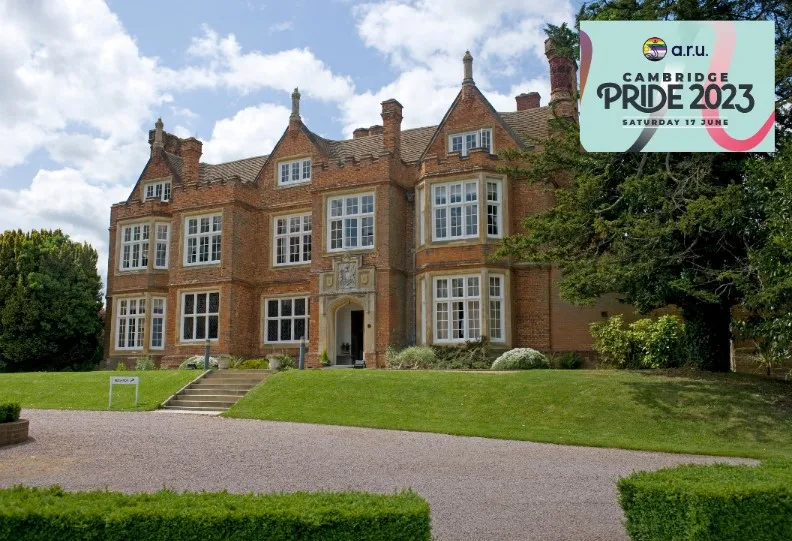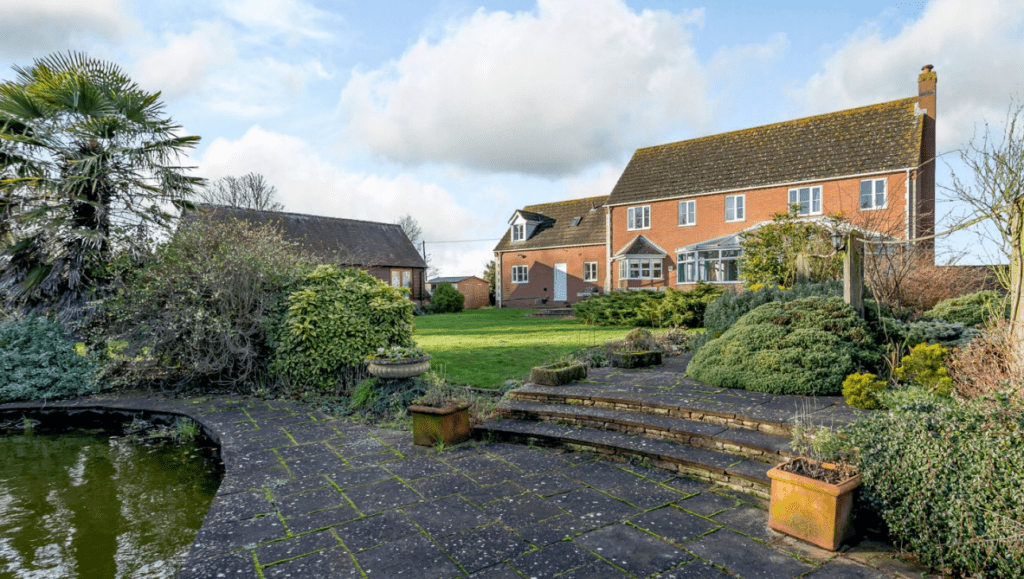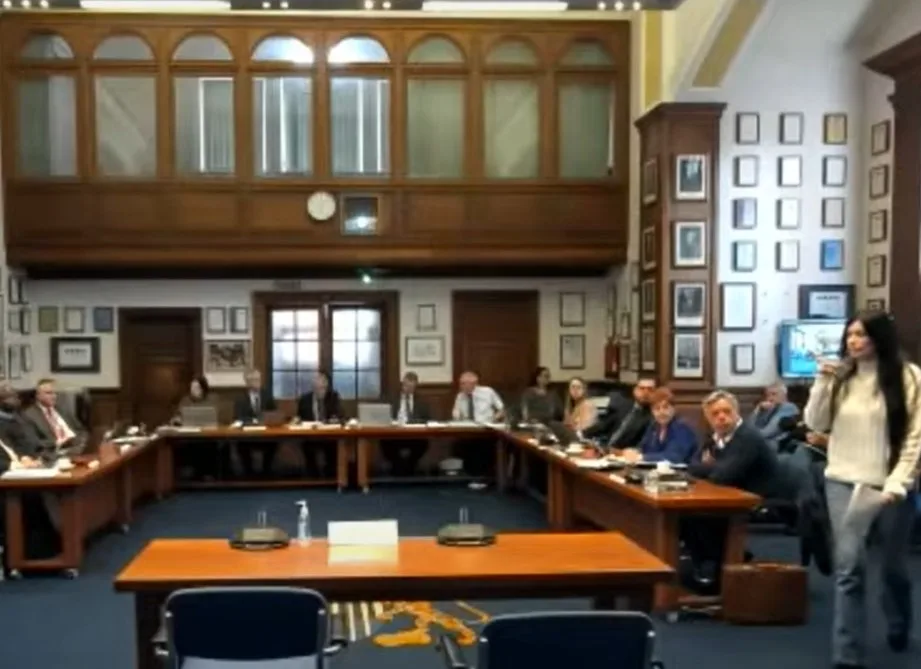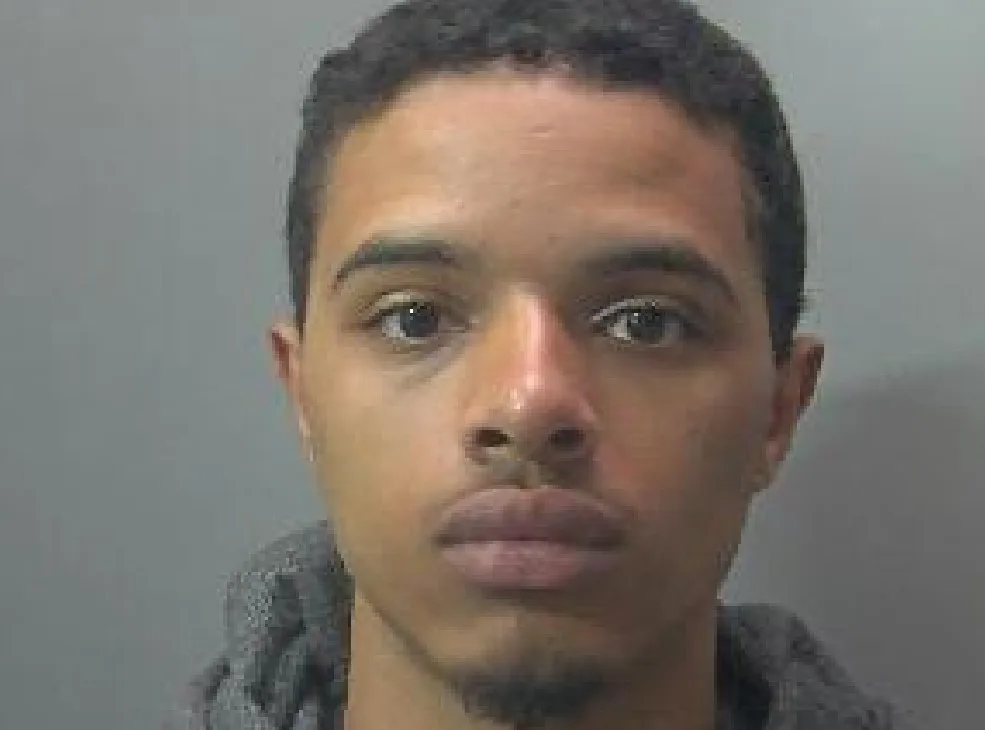A team from Bourn Hall Clinic Cambridge – the world’s first IVF clinic – will be at Cambridge Pride this year to chat to visitors wanting advice on the options available if they would like to try for a baby through a fertility clinic.
“Many LGBT+ people want to have children at some stage in their lives and know they need support to achieve that,” says Dr Viji Babbur, fertility specialist at Bourn Hall Clinic in Cambridge.
“Our concern is that they will go on the internet for advice and not talk to a health professional about their options.”
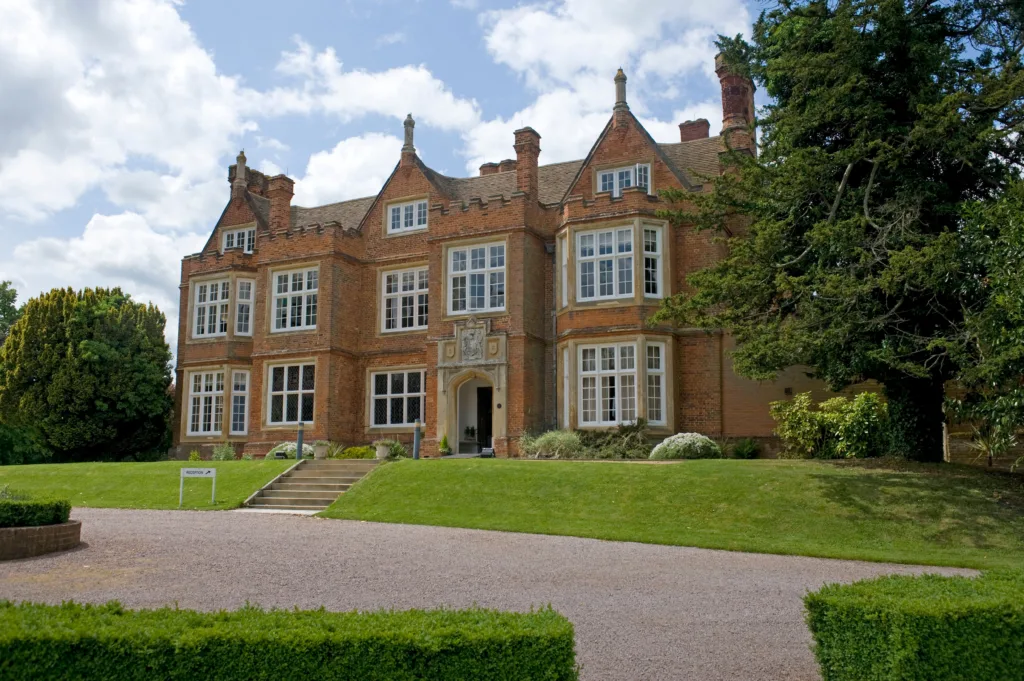
It is difficult for couples not in heterosexual relationships to get expert fertility advice, so Bourn Hall is supporting Cambridge Pride, taking place on Jesus Green, on June 17, to show that its doors are open for a chat.
Bourn Hall provides guidance, support, and personalised treatment plans for LGBT+ people.
“Cambridge Pride is a good opportunity to meet people face-to-face and get the message out that it is never too early to consider your fertility options and we are happy to talk,” explains Dr Babbur.
Of particular concern to fertility experts at Bourn Hall is that same-sex female couples still look for sperm donors online. In addition to the safety and health fears, the baby and its parents will not have proper legal protections.
“Some lesbian couples or single women think the ‘DIY’ method at home with internet sourced sperm will be cheaper, but the human cost can be high,” Dr Babbur continues.
“Fertility treatment through a registered clinic ensures that donors have been screened and both mums become legal parents of the baby.”
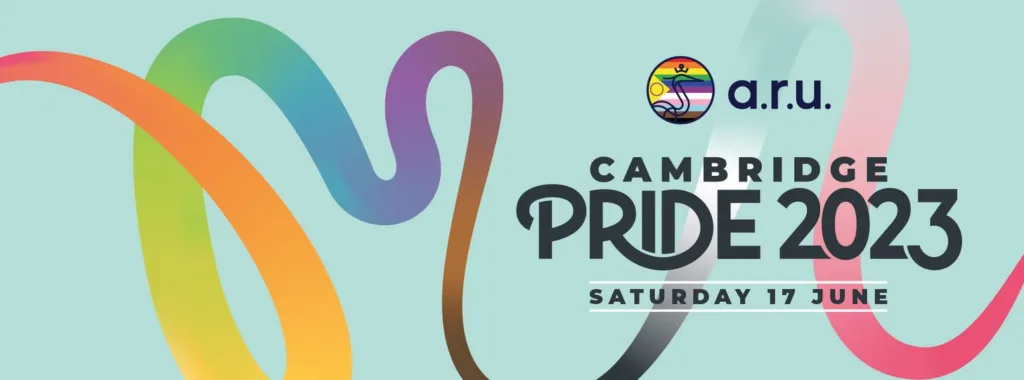
Options available to same-sex female couples at a regulated fertility clinic are IUI (intrauterine insemination) where donor sperm is inserted directly into the womb or IVF where donor sperm is mixed with collected eggs in the lab.
The latest figures released by the Human Fertilisation and Embryology Authority, which regulates fertility clinics in the UK, revealed that more lesbian couples going through clinics are now choosing to have IVF – with 45 per cent of treatment cycles for patients in female same-sex relationships now IVF, compared to ten years previously when it was only 27 per cent.
Dr Babbur says: “There are a number of choices for same-sex female couples, and it is well worth talking through options. Many don’t realise they can also donate some of their eggs and get IVF treatment at a much-reduced price and this might make it more accessible.
“We also offer IVF to same-sex male couples who are supported by a surrogate to carry the pregnancy as well as egg or sperm freezing options for trans people ahead of starting hormone treatment.”
Cambridge Pride takes place on June 17.
More information on Bourn Hall go to Bourn Hall Clinic | IVF, Fertility Tests & Treatments| EOE Clinics |
urn


